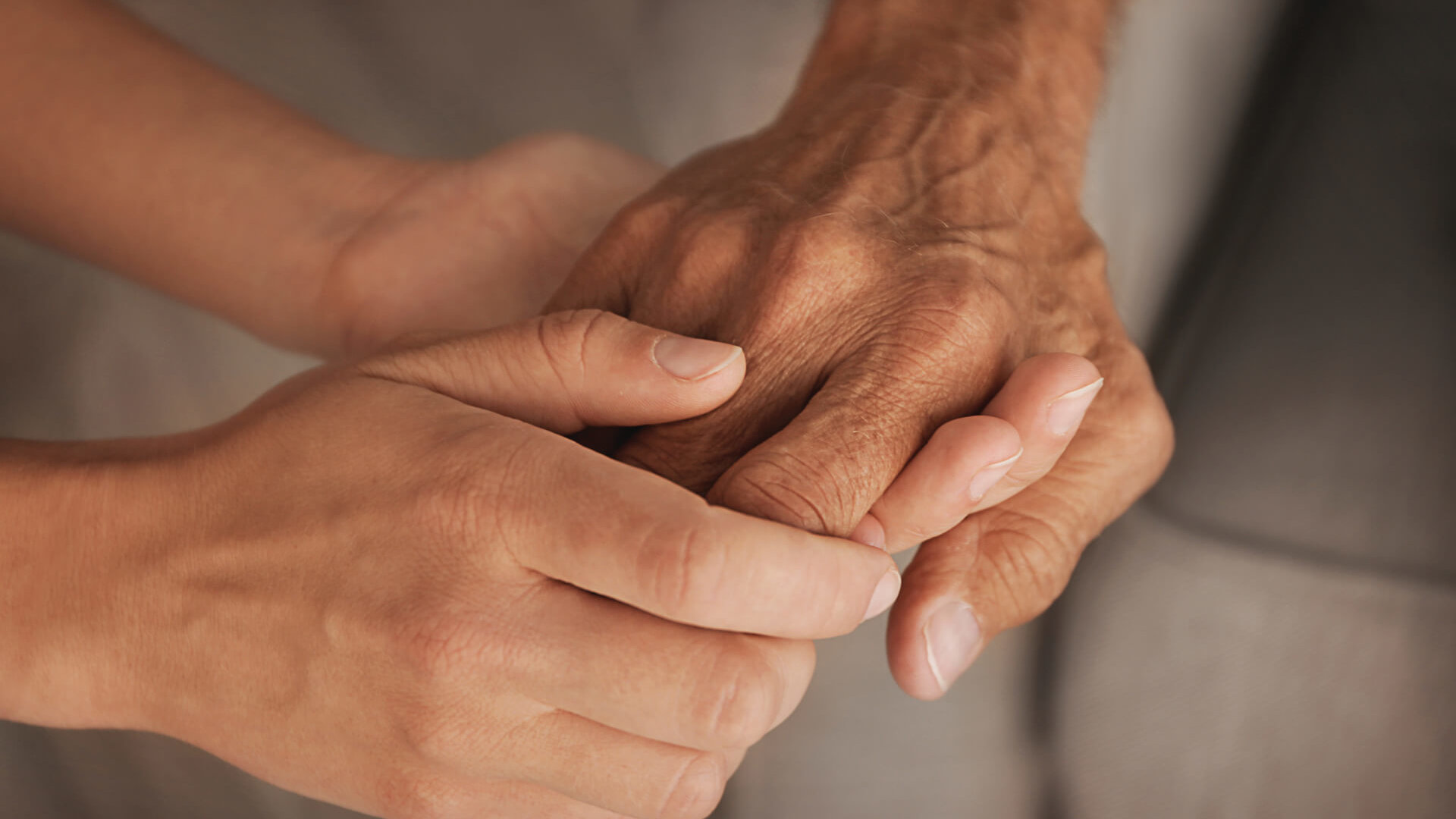When we consider our own mortality, most of us have a few wishes in common. We want to be in our own space, with people we love and avoid suffering. These requests feel obvious, almost like basic human rights. But, a surprising number of people pass without having achieved any of these three wishes.
Here are some startling statistics specific to the United States:
- 70% of us hope to die at home, but 50% pass away in hospital or nursing home settings, with 10% of those spending the last 3-days of life being shuttled from one to the other.
- 50% of the dying suffer from uncontrolled pain.
- 25% of Medicare members cycle through an ICU in their final month and 20% die in an ICU. [1]
The stigma of death continues to eclipse our ability to converse about it. If you read the title of this article and felt yourself bristle, you’re not alone. Just like financial planning, if you are able to discuss your situation openly and honestly long before you’re in chaos, you give yourself the best shot at making your goals and reality align.
When we think of our demise, we often focus all of our attention on sorting out logistics for our heirs. Estate planning is an essential part of long-term security and comfort and should always be done with the help of a qualified attorney. However, that isn’t the last of your end-of-life planning.
Create a Vision of Your Last 3 Days
Doctors and doulas often encourage expectant mothers to pencil out a birth plan. Similarly, take the time to create your death plan. Where do you want to be? Who do you want to be there? What do you want to happen? Keep it short, but specific: one page with bullet points. Share it with your family.
Just like with a birth plan, there may be unforeseeable circumstances that prevent some of your wishes from being met. However, having it in writing and sharing it while you’re well can help your loved ones understand what your measure of success is. For many, it’s not living the longest life possible. Priorities for most include having their wishes honored, dying in peace with their loved ones near and keeping their families from difficult medical decisions or financial burdens. A long life typically falls to the very bottom of the list.
Choose a Healthcare Agent
You need someone with the strength to honor your vision. Think about those who you’ve seen stay level-headed during difficult times. Ideally, this person also has the social skills to navigate various providers, family members and friends with grace, but with firmness. Most importantly, choose someone who can put your wishes and vision ahead of their own emotions.
Create Peace
Being spiritually at peace is at the top of the list for most dying people. Don’t wait until your body is shutting down to begin this hard but necessary work. Forgive your dad. Accept your child. Hug your neighbor.
Applying these suggestions won’t avert the dying process, but they can empower you and your loved ones to endure it. Individuals who take the time to contemplate their aging and mortality often live more comfortable lives and as a result, have the same feelings in death.
[1] Hamel, Liz, Wu, Bryan, Brodie, Mollyann. “Views and Experiences with End-of-Life Medical Care in the U.S.” Henry J. Kaiser Family Foundation, April 27, 2017, https://www.kff.org/report-section/views-and-experiences-with-end-of-life-medical-care-in-the-us-findings/.

